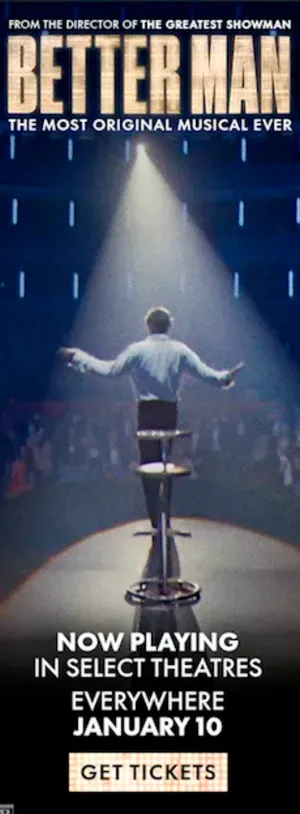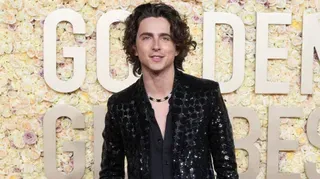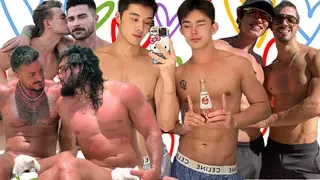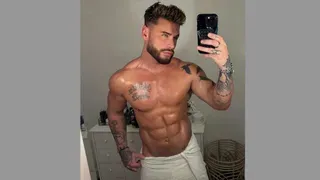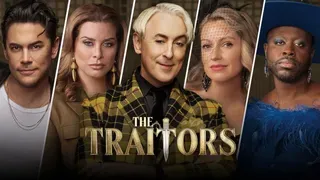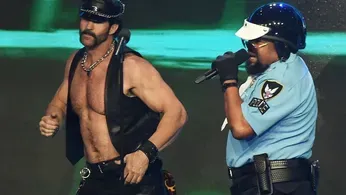
December 3, 2024
Village People OG Changed His Mind on 'Y.M.C.A.' at Rallies – But Still Denies It's a 'Gay Anthem'
Kilian Melloy READ TIME: 3 MIN.
Victor Willis, a co-founder of The Village People and co-writer of "YMCA," one of the band's biggest hits, explained why he changed his mind about Trump using the song at rallies... but still says the song isn't a "gay anthem."
In fact, Billboard relayed that Willis, 73, threatened legal action against those who "defame" the song by calling it that.
The music news outlet reported that Willis took to Facebook on Dec. 2 to explain "why he chose to let the president-elect play 'Y.M.C.A.' at rallies and events leading up to his win in November, with Willis saying he 'didn't have the heart' to block the usage – despite originally asking Trump to stop in 2020 – upon realizing that the politician seemed to 'genuinely like' and was 'having a lot of fun' with" the disco classic.
"Plus, as Willis noted, the dance tune has only 'benefited greatly' in terms of chart placements and sales since the twice-impeached former POTUS incorporated it into his campaign," Billboard added.
"For example, Y.M.C.A. was stuck at #2 on the Billboard chart prior to the President Elect's use," Willis wrote. "However, the song finally made it to #1 on a Billboard chart after over 45 years (and held on to #1 for two weeks) due to the President Elect's use."
Indeed, as EDGE previously reported, "the Village People's disco anthem to the place where 'you can hang out with all the boys' has had massive surge in popularity."
EDGE noted in the earlier article that "In data from Last.fm analyzed by NBC News, the song's listenership more than tripled, jumping by around 366 percent from late May until November 5. Since the election, that number has dropped off, but it was still up 183 percent during the same time period."
"In addition, NBC reports, data from Google Trends shows more searches for the song this month than in any month in the search engine's published records. The song also reappeared in the top 15 songs on the Billboard dance/electronic sales chart at the end of October before climbing its way to the Number 1 spot during the week of November 17."
Willis addressed another issue in his post, going on to write, "There's been a lot of talk, especially of late, that Y.M.C.A. is somehow a gay anthem. As I've said numerous times in the past, that is a false assumption based on the fact that my writing partner was gay, and some (not all) of Village People were gay, and that the first Village People album was totally about gay life."
"This assumption is also based on the fact that the YMCA was apparently being used as some sort of gay hangout," Willis' post continued, "and since one of the writers was gay and some of the Village People are gay, the song must be a message to gay people."
"To that I say once again, get your minds out of the gutter. It is not."
Then came a warning of legal action for referring to the song by its time-honored status as a "gay anthem," with Willis declaring "since I wrote the lyrics and ought to know what the lyrics I wrote is really about, come January 2025, my wife will start suing each and every news organization that falsely refers to Y.M.C.A., either in their headlines or alluded to in the base of the story, that Y.M.C.A. is somehow a gay anthem because such notion is based solely on the song's lyrics alluding to elicit activity for which it does not."
"However," Willis added, "I don't mind that gays think of the song as their anthem."
Check out the song's video from 1978, and decide for yourself whether or not "Y.M.C.A." deserves its accolades as a "gay anthem."
Kilian Melloy serves as EDGE Media Network's Associate Arts Editor and Staff Contributor. His professional memberships include the National Lesbian & Gay Journalists Association, the Boston Online Film Critics Association, The Gay and Lesbian Entertainment Critics Association, and the Boston Theater Critics Association's Elliot Norton Awards Committee.
